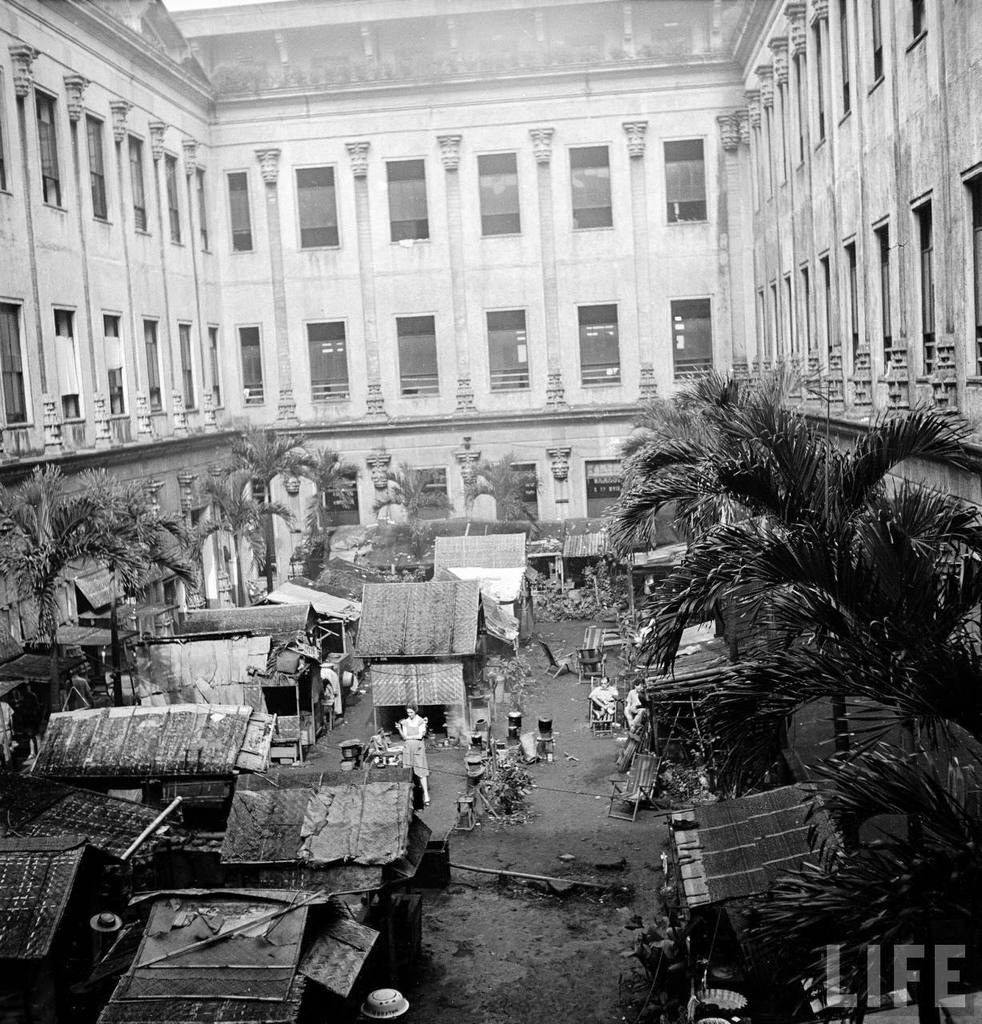Corregidor has fallen! America’s last stronghold in the P.I. Islands has had to surrender due to exhaustion of food and ammunition supplies and a complete blockade by Jap forces. In the same news brought in, in typed form from KGEI broadcast taken down in shorthand by Central office stenographer, was a lengthy report of increased strength of U.S. bomber units attacking occupied Europe and Germany from English bases. Yet there is not one American bomber on this greater American soil to protect American-born and bred loyal citizens. It is difficult to understand –repeated reports of our efforts to save English homes and English lives –but American lives in the P.I.—what is the U.S. attitude? Jim, my husband, who, typical of many young Americans in the P.I. came here in adult life because business opportunities beckoned, was always proud of his U.S. citizenship. Every centavo we put aside was for our permanent home—a farm in Mississippi—at a not too far distant date. And the children, we have already discussed what U.S. college they should attend from reading U.S. newspapers and magazines (of course a little late). There were times an air-mail edition for foreign subscribers took up this lag in our lives. Also we listened to Charlie McCarthy, Ben Bernie, and other typical American broadcasters on shortwave, We are still as American as though our residence were on American soil. So why have we been left to such mental torture? Why has not aid come to us in the face of invasion by the cruelest, most sadistic of peoples? All of America knows of the rape of Nanking. Why let the rape of the P.I. take place without opposition?
Jim, I now know, is either dead or a Jap prisoner, which is worse than death. As long as Corregidor stood I could ease my aching heart with hope, however distant, that he had escaped with the handful of soldiers who arrived safely on Corregidor before Bataan fell. It must be necessary and good military strategy to let the Philippines go to the Japanese without assistance to American civilians while the aid we feel a right to expect goes to other, to non-American parts of the world. But the wound inflicted upon us is deep. We wonder if people at home know there is an American civilian population, like themselves in every respect, living in the P.J., Americans who were never warned of impending danger from the war and who have been seemingly forgotten while their personal property was destroyed, their health undermined by food deficiencies, and their lives taken by murderers from a land at war with the U.S. The Japanese are not at war with the P.I. and we suffer solely because of our race and citizenship. Perhaps events will change their course soon. We can poly say, like dear a Aunt Susie in Ocean Springs, “Mizpah!” And “Remember us, Uncle Sam. We trust you with all our hearts. We know we’re really not forgotten.”
